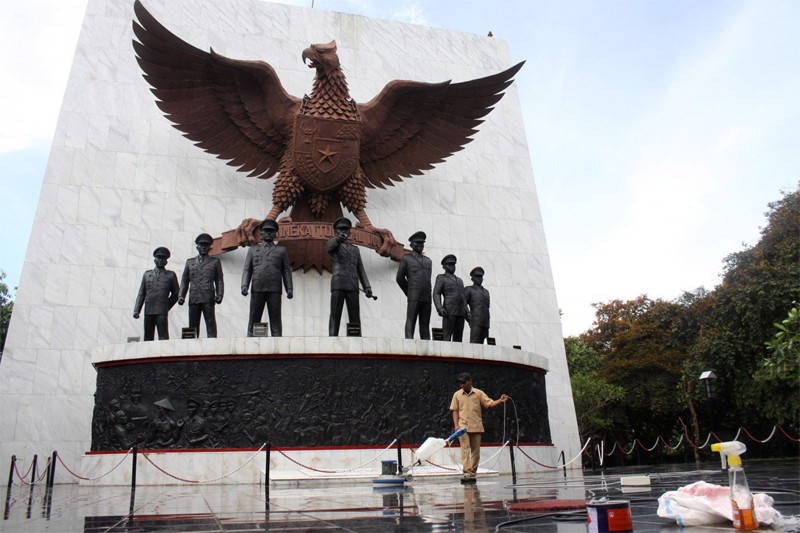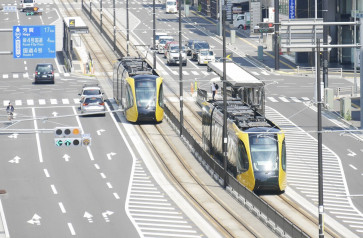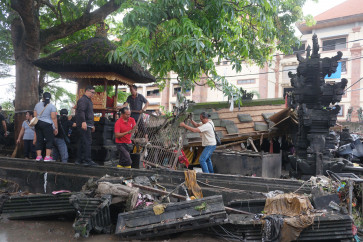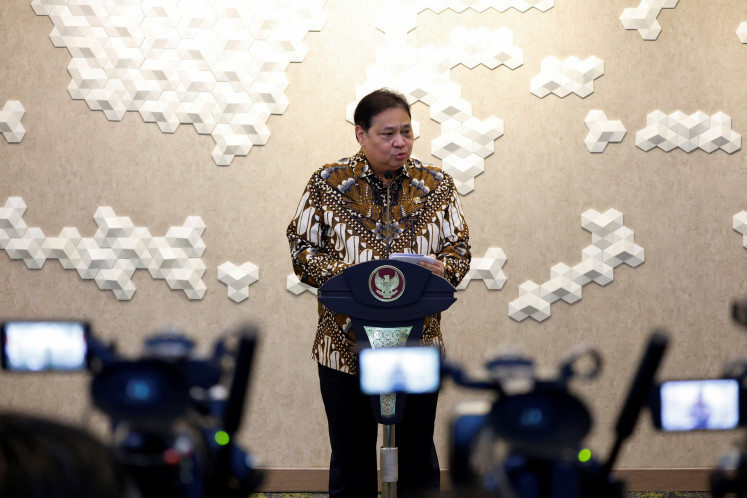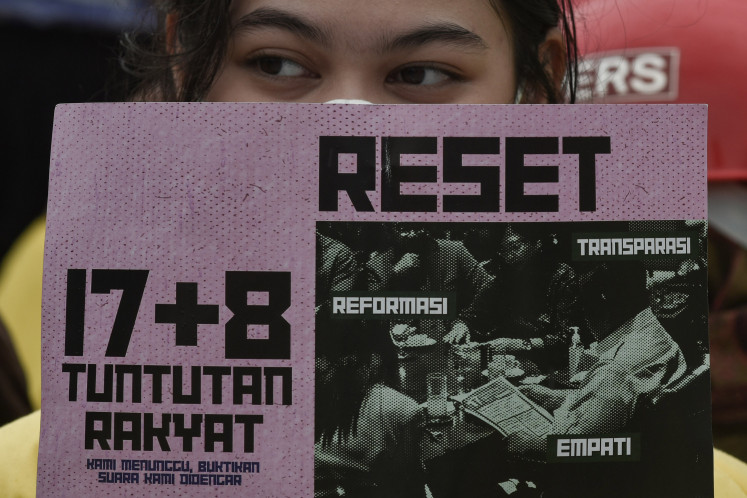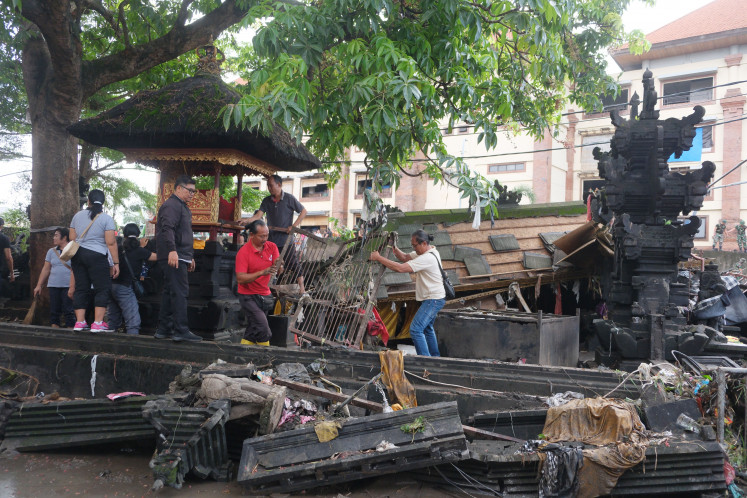Popular Reads
Top Results
Can't find what you're looking for?
View all search resultsPopular Reads
Top Results
Can't find what you're looking for?
View all search resultsSpecial body set up to tackle rights abuses
Change text size
Gift Premium Articles
to Anyone
W
hile remaining defensive about mass killings during the communist purge of 1965, the government has been dragging its heels on a reconciliation process for victims of torture and those who have suffered stigma for being accused of being communists.
The government has been considering setting up a task force that will deal with the process, but there has been no clarity until now about the establishment of the institution, which would be aimed at resolving the gross human rights violations that the government, under the leadership of Soeharto, ordered during the period.
According to Coordinating Political, Legal and Security Affairs Minister Wiranto, the special body has been established and is set to work on “win-win” solutions to resolve not only the 1965 massacre, but all cases of human rights violations that occurred in the past.
But the former defense minister and Armed Forces commander could not provide many details about the body, arguing that the discussions were ongoing.
“A judicial process to resolve past rights abuses will result in a win-lose solution. It will leave someone as a winner and someone else a loser. This violates the culture in our society that champions peace and harmony,” Wiranto said at his office on Wednesday.
The chief security minister reemphasized the government’s defense on the gross human rights violations of 1965 on Saturday, saying that no judicial actions would be taken despite rendering “deep sympathy” to victims.
“The [1965] tragedy met the principles of a clear and present danger, in which the country was in an emergency and had to be saved,”he said.
Under the communist purge, the government allegedly killed and tortured those accused of being communists and their families.
Thousands of victims and the families of victims who survived the 1965 atrocities are still facing discrimination and stigma today because of existing anticommunist regulations.
The Commission for Missing Persons and Victims of Violence (Kontras) recorded that 35 such regulations are still active to this date.
A symposium to convene a meeting of victims, their families, the military and the government was held for the first time in April, but there has been no follow-up to bring about reconciliation.
The National Commission on Human Rights (Komnas HAM) has issued recommendations that the 3,000 survivors be able to access free health services provided by the Witness and Victim Protection Agency (LPSK).
But the LPSK can support no more than 1,300 victims of various past rights abuses from all across the archipelago because of the institution’s limited budget.
LPSK chairman Abdul Haris Semendawai said his office could only support each victim for six months at the maximum. The LPSK has been running the program independently as the services it has been providing would not be part of the non-judicial mechanism the government is proposing.
“We have done nothing to endorse the non-judicial mechanism,” said Komnas HAM commissioner Roichatul Aswidah.
Human rights lawyer Todung Mulya Lubis said the most important facet of the non-judicial mechanism sought by the government to address the 1965 purge was a truth-telling process.
Todung urged the government to immediately create a presidential committee akin to the now-defunct Truth and Reconciliation Commission (KKR) in the absence of a special body to spearhead the truth-telling process.
The collective trauma that followed the 1965 atrocity, in which lots of people were accused of being affiliated with the defunct Indonesian Communist Party (PKI), had become deeply entrenched in the country, Todung said, even though numerous policies, such as the issuance of identity cards marked “ET” indicating former political prisoners and the “Bersih Lingkungan” (clean status) letter, had been abrogated.
_________________________
To receive comprehensive and earlier access to The Jakarta Post print edition, please subscribe to our epaper through iOS' iTunes, Android's Google Play, Blackberry World or Microsoft's Windows Store. Subscription includes free daily editions of The Nation, The Star Malaysia, the Philippine Daily Inquirer and Asia News.
For print subscription, please contact our call center at (+6221) 5360014 or subscription@thejakartapost.com

